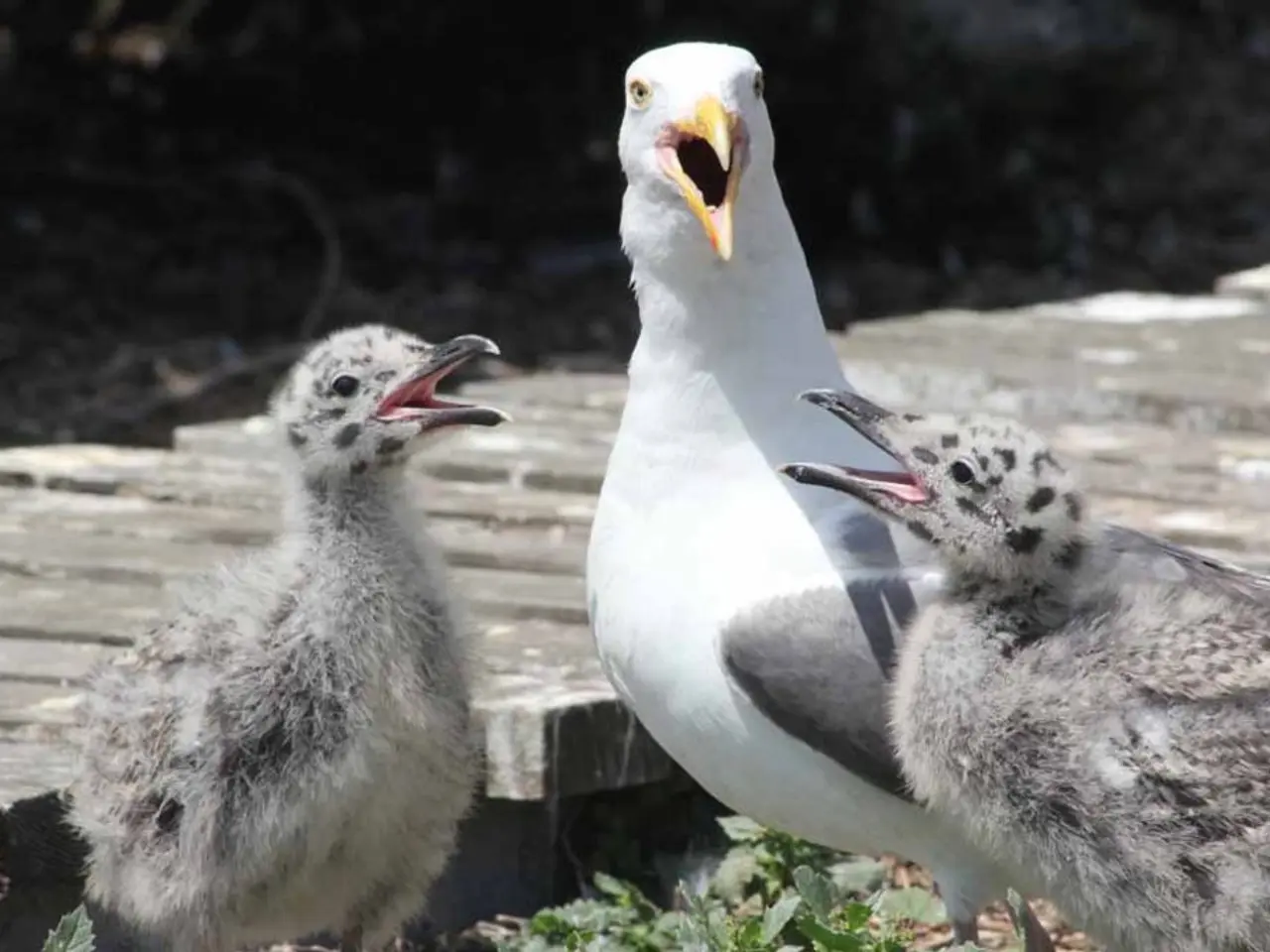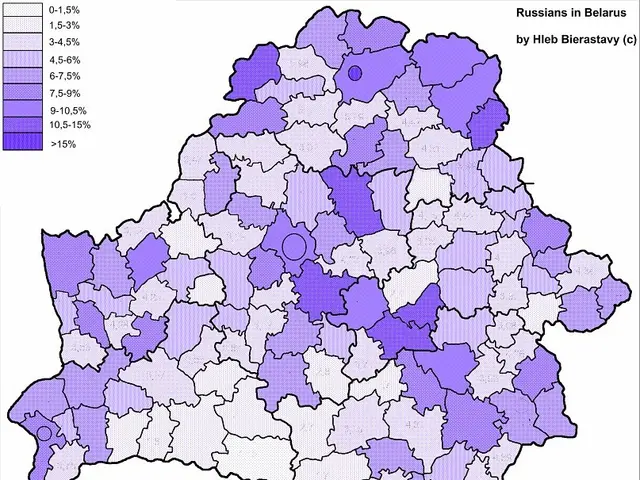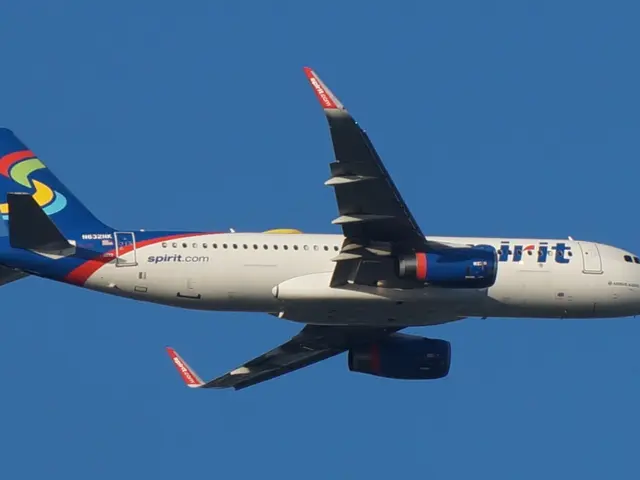Eco-Tourism in Andaman and Nicobar Islands to Focus on Birdwatching as Primary Attraction
The Andaman and Nicobar Islands, a region rich in avifauna diversity, is home to over 300 bird species, many of which are rare or endemic. Notable among them are the Andaman Wood Pigeon, the Andaman Crake, the Andaman Serpent Eagle, the Narcondam Hornbill, the Nicobar Pigeon, the Andaman Green Pigeon, and the Andaman Shama. However, several endemic bird species in the archipelago are under threat from habitat loss, hunting, and invasive species.
Notable among the threatened species are the Andaman Wood Pigeon, Nicobar Megapode, and Nicobar Imperial Pigeon. The Andaman Wood Pigeon, listed as "Near Threatened" by the IUCN, has an estimated 2,500-10,000 mature individuals. Other threatened species include the Andaman Serpent Eagle and Andaman Woodpecker.
Development projects, hunting, and invasive species continue to endanger the fragile habitats of these endemic bird species. Increased human activity and noise pollution associated with projects can further disrupt bird behavior and foraging patterns. The upcoming Andaman and Nicobar development project poses significant risks to the region's birdlife due to habitat loss and fragmentation, particularly on Great Nicobar Island.
The project's extensive deforestation and construction of infrastructure can lead to the destruction and disturbance of natural habitats essential for various bird species, potentially causing population declines, reduced breeding success, and local extinctions.
However, the Andaman and Nicobar Administration is using birdwatching as a means to promote tourism and raise awareness about the region's birdlife. On July 27, the Department of Tourism, in collaboration with the Avians Club Andaman and Nicobar Islands, hosted a special public lecture titled "Birdwatching in the Andaman and Nicobar Islands." The lecture was led by Arun Singh, President of the Avians Club.
The strategies for sustainable birdwatching tourism focus on promoting responsible and eco-friendly travel that highlights the archipelago's rich and unique avian biodiversity. Key strategies include creating awareness and education, encouraging responsible travel practices, promoting niche and experience-driven tourism, balancing tourist flows across seasons, highlighting endemic and rare species, and integrating birdwatching into broader eco-tourism strategies.
These strategies aim to encourage responsible travel practices, particularly in relation to birdwatching, and boost eco-tourism responsibly while conserving natural heritage and engaging local communities in sustainable livelihoods. The Tourism Secretary of the Andaman and Nicobar Administration stated that the region's birdlife potential is being utilized to attract tourists and raise awareness about the birdlife.
Birdwatching is a rewarding experience for nature enthusiasts and can contribute to sustainable tourism in the Andaman and Nicobar Islands. By following sustainable tourism principles and supporting eco-friendly practices, tourists can help conserve the unique birdlife of the archipelago while enjoying a memorable and enriching experience.
- Environmental science reveals the importance of preserving the fragile habitats of bird species in the Andaman and Nicobar Islands, as development projects, hunting, and invasive species continue to endanger the region's avifauna.
- To promote tourism and raise awareness about the archipelago's birdlife, the Andaman and Nicobar Administration is employing strategies for sustainable birdwatching tourism, focusing on responsible travel practices and eco-friendly activities.
- The climate-change implications of deforestation and habitat destruction in the Andaman and Nicobar Islands extend to their unique avifauna species, as population declines, reduced breeding success, and local extinctions are potential consequences of unsustainable tourism and development.





